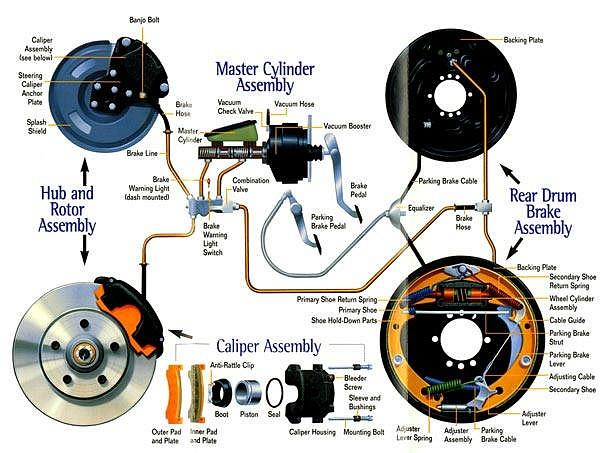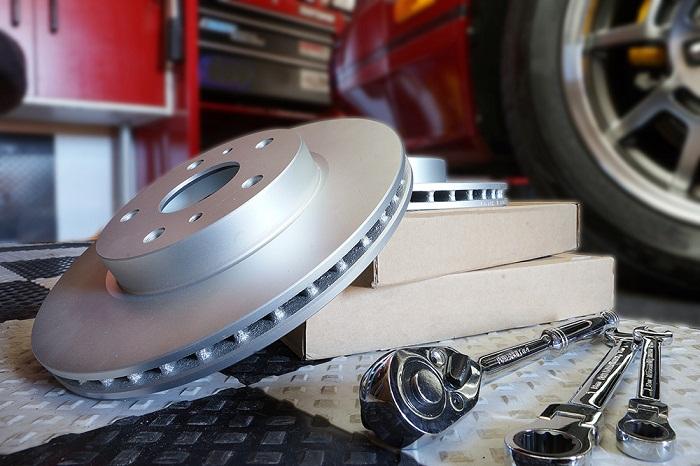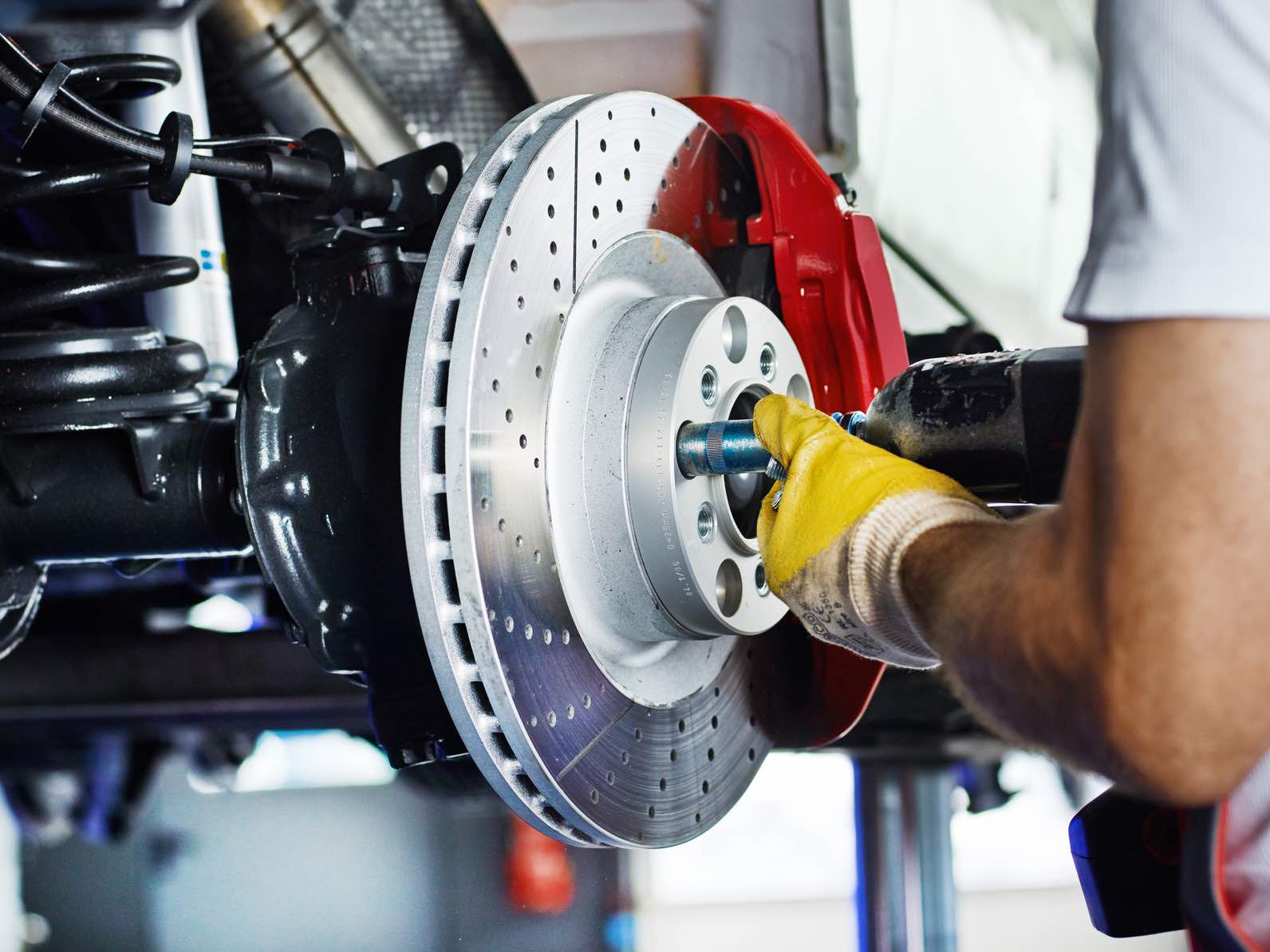Brake problems can cause serious accidents if left unchecked. Unless it’s brake replacement, the repair of most brake problems is simple and straightforward, but the first step of treating the problem is to identify it. It can lead to a bigger mess if you don’t know what you are doing. The following brake repair troubleshooting checklist will help you identify your brake problems correctly:
Listen to the Noises
The way your engine warns you about disc brakes problems is by creating noises. If the sound seems to be coming from brake pads, applying brake fluid will solve it. However, a squealing noise is probably a warning about loose front disc brake pads, worn hardware that attaches the brake calipers, or worn out or low-quality brake linings.
However, grinding noises when applying pressure on the brake pedal indicate to excessively worn brake linings. In such case, you immediately need to take the vehicle to an expert brake repair shop.

Photo Credit: Kent Auto Repair
Watch out for Vibration
If you overuse the brakes to the point of overheating them, your brake pedal will thumb up and down even when you normally stop the vehicle. On the contrary, if your steering wheel shakes upon pressing the brake pedal, you may need to machine or replace your front brake discs. Besides, you may need to replace your shock absorbers if your car bounces up and down when you stop it short.
Trouble while Braking
Facing difficulties in stopping the car is the indication of a couple of brake problems. If the vehicle skids too far after pressing the pedal, you need to replace the brake linings or adjust your brakes. On the other hand, problems like brake fluid leak or a stuck caliper will cause the vehicle to turn to one side while stopping.
Contaminated or low brake fluid is the reason why you need to push hard your brake pedal for the brakes to work. In that case, all you need to do is to bleed the brakes or fill the fluid to the right level to solve the problem. However, sometimes you may need a brake pad replacement because worn brake pads are another reason for creating such a problem.

Photo Credit: Cooke’s Garage
Check the Brake Fluid
Regular checking of brake fluid can help you avoid major brake replacement work. Brake fluid helps your brakes to work smoothly. Remove the master cylinder in the engine compartment to check on the fluid. Inspect thoroughly if the fluid container has any leak. Besides, you need to change the fluid if it turns dark brown in color.
These are just some of the symptoms that can assist you in diagnosing your vehicle’s brake problems. Sometimes, you just need minor brake repair jobs and sometimes you may need the entire brake replacement. It will be better to take expert advice or check into a renowned car repair shop if you are not experienced with car mechanism.




I like what this article recommends about regularly checking brake fluid. It makes sense that this could be helpful due to the system being under a lot of pressure. It’s something to remember just to make sure the system stays in good condition and doesn’t break down again.
We are happy to receive your comments. Please share with your friends so they can enjoy this article, too.
I didn’t realize that checking the brake fluid was so important. It does seem like a good idea to take the car to a professional for this fix. I wouldn’t even know how to put that in my car.
Thank you for sharing your comment. U should check it and have periodic vehicle maintenance.
Find this article useful? Please share exciting updates with your friends and they will love it!
Thanks for your comment about how you may need to have your brakes replaced if it is skidding when you try to stop it. I like how you said that you should always make sure that the brake fluid is fine before making any repairs. My husband is looking into taking his car into an auto shop to see if his brakes need to be repaired because he thinks that they haven’t been working as well as they used to.
A brake pad is the reason for which your vehicle is able to stop. When you press brake pedal, the brake pads apply friction against the metal disc that halts your intermediary. The brake pads wear down over time because of the friction. When you used to drive through high traffic areas consistently, your brake pads take less time to die. No doubt, brake pad is one of the key components in an automobile’s braking system. It needs to be changed at the recommended interval in order to drive the vehicle safely on the road.